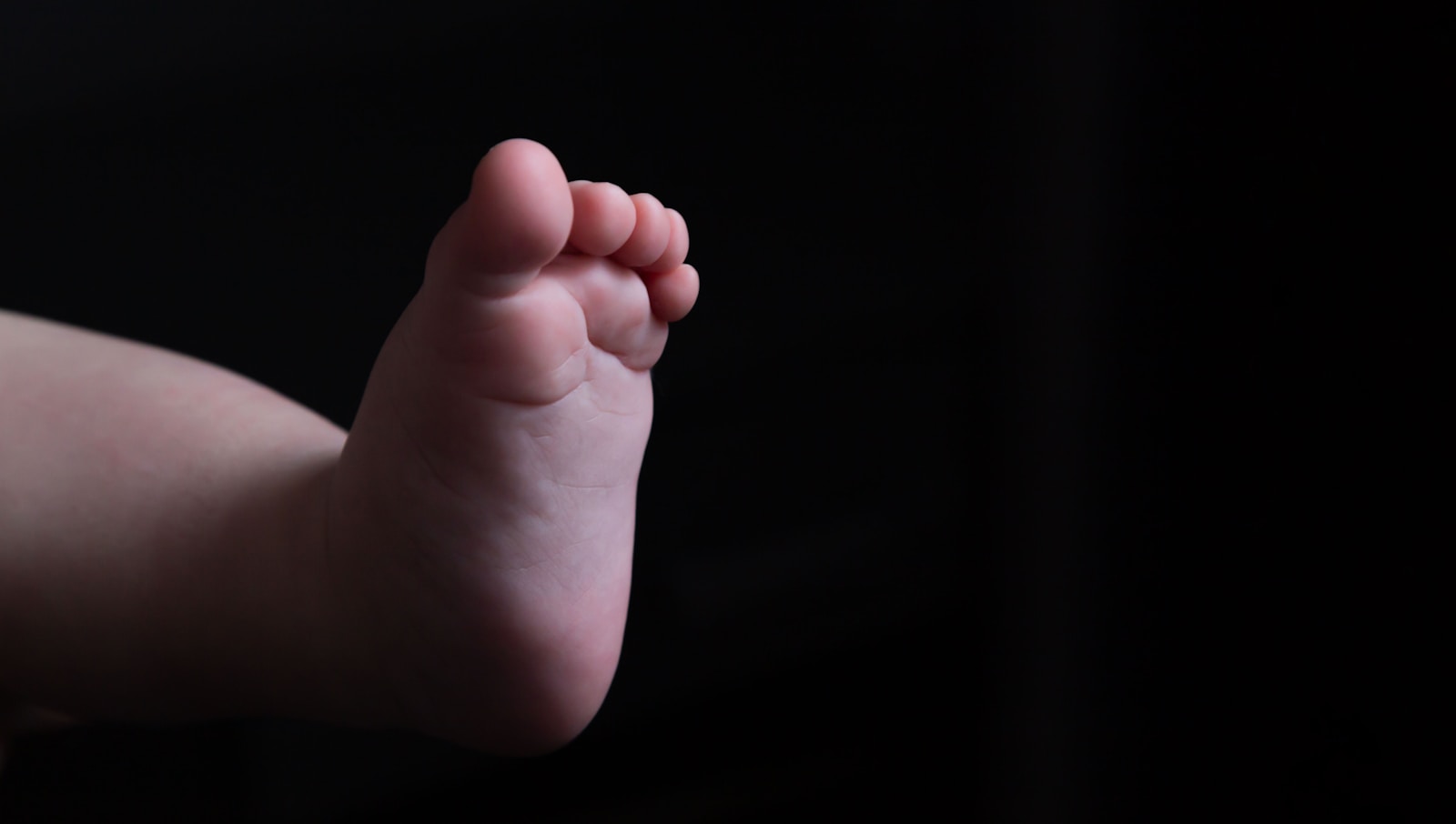
nacimiento

birth
The Spanish word for 'birth' is 'nacimiento.' It is primarily used in phrases to describe someone's birth, such as 'fecha de nacimiento' (date of birth). It can also be used in a broader sense to describe the birth or beginning of something, such as 'nacimiento de una idea' (the birth of an idea).
Example sentences using: nacimiento
Mi fecha de nacimiento es el 24 de diciembre de 1990.

My birthday is December 24, 1990.
This sentence talks about someone's birth date, mentioning the day, month, and year they were born.
El nacimiento de una idea es siempre algo emocionante.

The birth of an idea is always something exciting.
The phrase describes the exciting occasion of coming up with a new idea, using the term 'nacimiento' to signify its inception.
Estoy preparando un nacimiento para la navidad.

I am preparing a nativity scene for Christmas.
Here, 'nacimiento' refers to a nativity scene, a depiction of the birth of Jesus Christ, commonly displayed during Christmas.
La celebración del nacimiento del bebé será la próxima semana.

The celebration of the baby's birth will be next week.
The sentence refers to a celebration of a baby's birth, using 'nacimiento' to signify the event of birth.
El nacimiento de un nuevo día trae esperanza.

The birth of a new day brings hope.
This sentence uses the term 'nacimiento' symbolically to refer to the beginning or start of a new day.
El lugar de nacimiento de mi madre es Madrid.

My mother's birthplace is Madrid.
In this context, 'nacimiento' refers to a person's birthplace, the location where they were born.
La historia comienza con el nacimiento del protagonista.

The story begins with the birth of the protagonist.
The sentence is about the start of a story, using 'nacimiento' to denote the birth or initial appearance of the main character.
El nacimiento de una estrella es un evento astronómico.

The birth of a star is an astronomical event.
This sentence describes an astronomical phenomenon, using the term 'nacimiento' to represent the formation of a star.
El nacimiento del río está en la montaña.

The river's birthplace is in the mountain.
This sentence refers to the source or beginning of a river, using 'nacimiento' to imply where it first comes from or originates.
Necesito tu certificado de nacimiento para completar este formulario.

I need your birth certificate to complete this form.
In this context, 'nacimiento' refers to a birth certificate, an official document that records a person's birth.